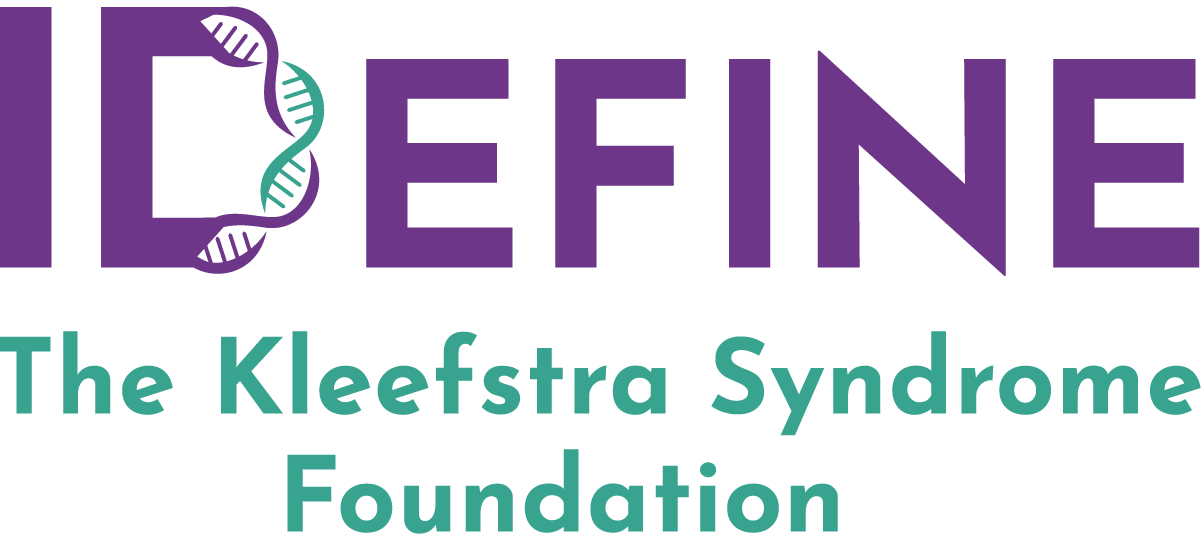GI symptoms in KS and other disorders to get candid analysis

We know that gastrointestinal disorders (GI) disorders are common in people with Kleefstra Syndrome and can significantly impact quality of life. That’s why IDefine is sponsoring a new consortium called CANDID – Consortium for Autism, Neurodevelopmental Disorders & Digestive Diseases. The name reflects the often-candid conversations families have around GI symptoms.
CANDID – a multidisciplinary collaboration of researchers, medical professionals, and patient advocacy groups – is currently focused on collecting patient data, hosting a conference, and developing long-term working groups to tackle the issues that come out of the data and conference.

“Families list GI disorders as one of their top concerns,” said Kate Still, scientific director Phelan-McDermid Syndrome Foundation. “These symptoms can be very disruptive to everyday life and quality of life, including things like cyclic vomiting, diarrhea, constipation and reflux.”
The Surveys
A key to addressing the problem is gathering more information, so CANDID is requesting that KS families fill out some surveys about GI symptoms and how they affect quality of life for your family. These surveys will serve to highlight some of the shortcomings in existing measurements of GI issues in neurodevelopmental disorders (NDD) and the aim to improve them in the future.
“Your responses will make a direct impact on scientists and clinicians,” said Still. “The more responses we get, the more we can help improve diagnostics, treatments, and advocacy initiatives.”
If you have any questions or comments about the survey, email info@candidgi.com.
The Conference
A two-day virtual conference on June 8 and 9, 2022 from 1 to 5 p.m. EST will include talks by GI experts. Registration details will be coming soon. Topics will include the nervous system-gut connection, the spectrum of GI issues, and the need to improve detection.
Work Groups
To build on the data collection and conference, CANDID will assemble three long-term work groups (diagnostic instruments and quality of life measures, curriculum development, and central data repository) with the goals to:
- Begin the development of a catalog of existing clinical and genetic data repositories maintained by individual organizations with relevance to exploratory research into digestive diseases in the autism and neurodevelopmental disorder community.
- Publish a summary of the discussion and consensus in the scientific literature and develop a web page as a resource for shared repositories and facilitation of collaboration.
- Inform postgraduate medical education for pediatric and adult GI fellows focused on the needs of patients with neurodevelopmental disorders and ASD.
This effort is made possible by the Phelan-McDermid Syndrome Foundation, leadership from the International Foundation for CDKL5 research, the Autism Science Foundation, and Indiana University which applied for and received NIH funding for the initiative.
For more information, see candidgi.com.

